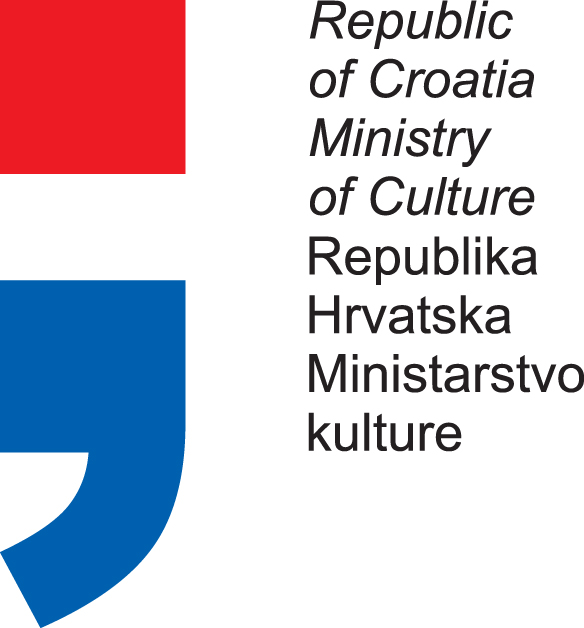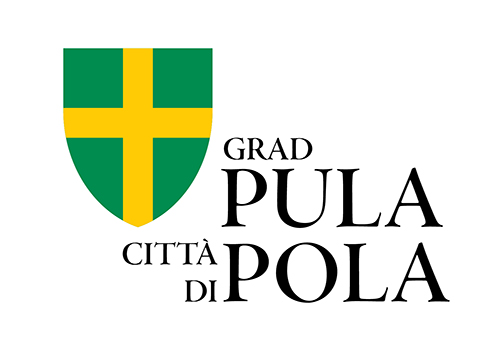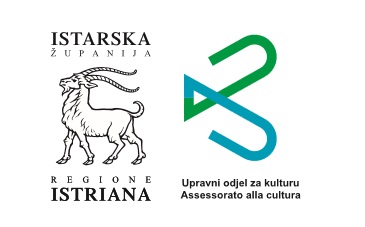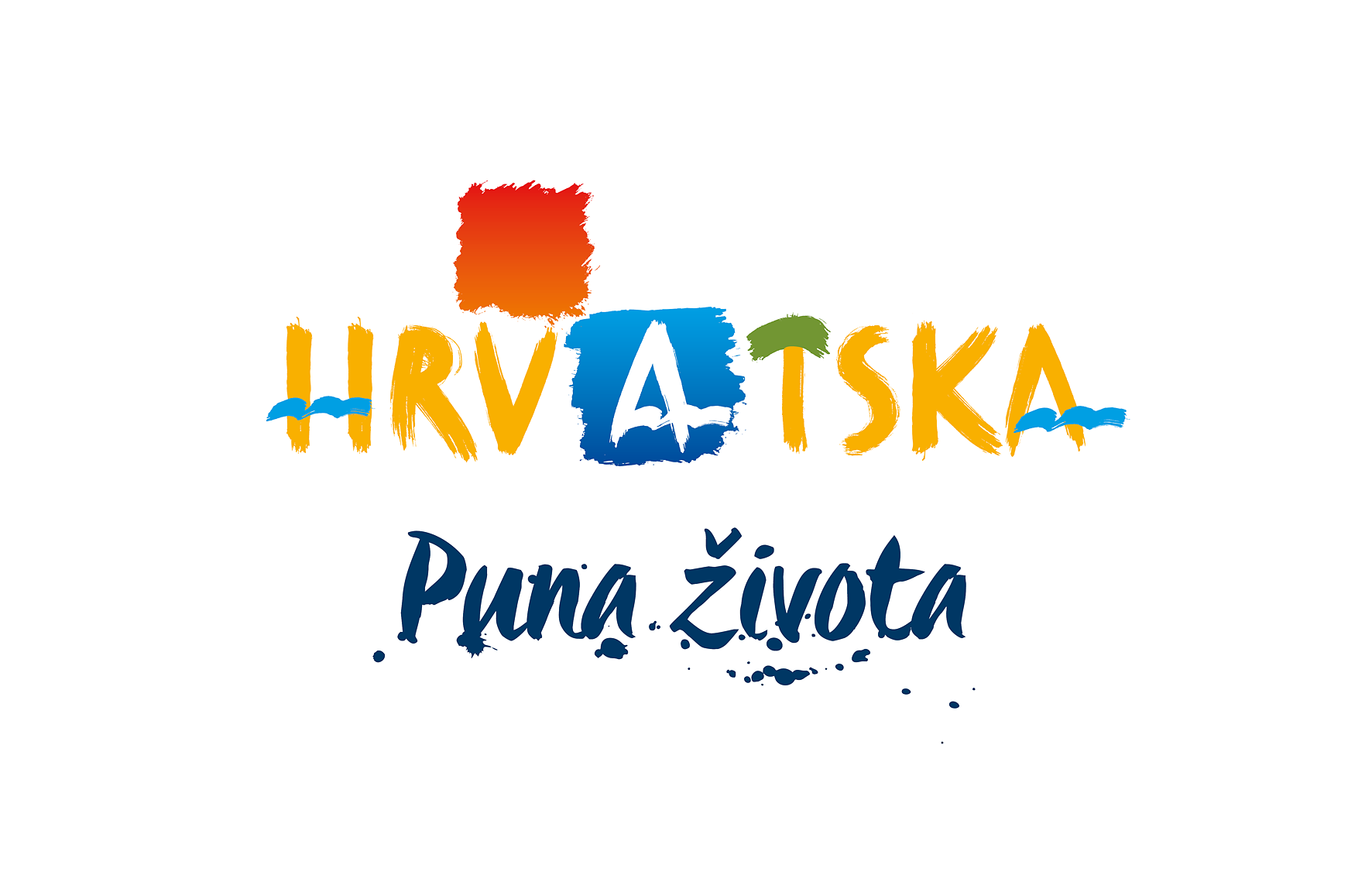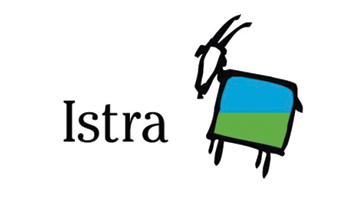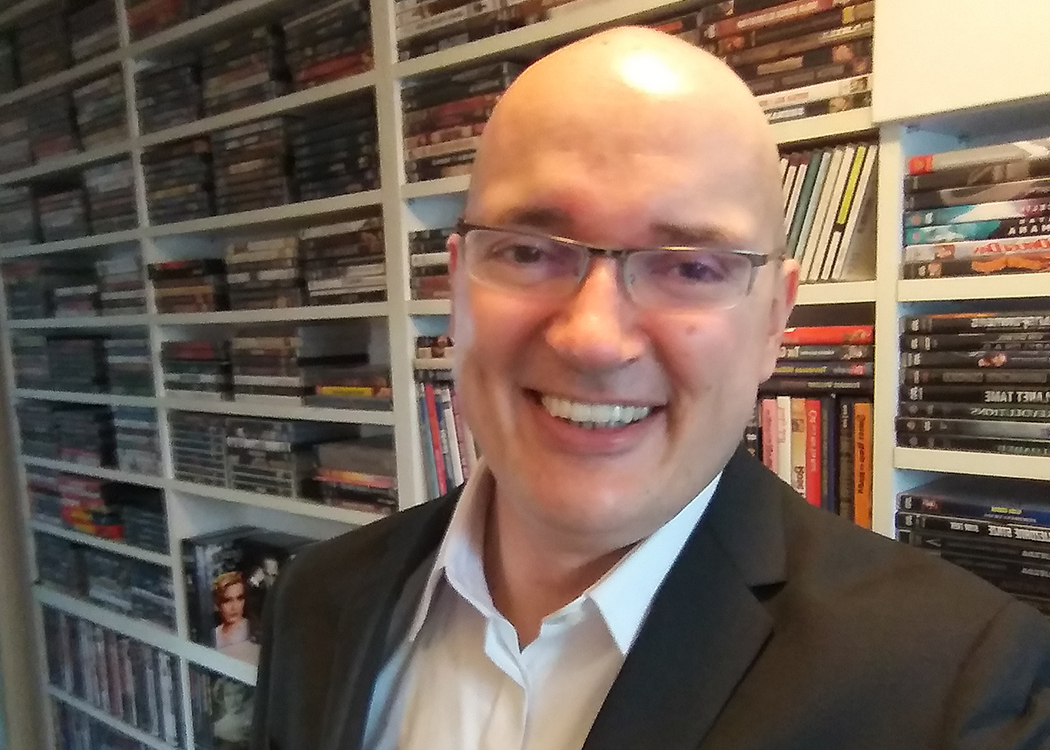
The 65th Pula Film Festival is about to start, and you’ve seen three jubilees. Has the direction of Croatian film changed significantly over the last 15 years? Have they gone beyond set thematic limits? What do you think was the most positive development?
- Definitely. The quality of Croatian feature films has improved, as well as the ratings, and the critics have also recognised this change. I have just started writing my doctoral dissertation “Trends in Newspaper Reviews of Croatian Feature Films from 2010 to 2017”, so I will be taking a scientific approach to the topic. I think the audience have become satiated with post-war themes, and it is good to have films dealing with topical issues or films which provide a total hedonistic shift from reality. Seeing how genre films are most often a smaller part of the Croatian Programme, I try to make up for it in the International Programme.
What will this year’s Croatian Programme present?
- Twenty films. There are ten Croatian film in competition, of which seven with premiere screenings and one out of competition. There are also nine co-productions, of which seven in competition. There will be a premiere on each of the evenings in the Arena. I am glad to see three female directors presenting their films. Half of the films are wild flowers that sprang up across meadows of independent film, and half of the films are flowers grown in the greenhouse of the Croatian Audiovisual Centre through public calls. Luckily, the Croatian Audiovisual Centre has supported the post-production of three independent films, and there are several still waiting for support, as there were no funds awarded for post-production in the last public call. The big news is that we will see premieres of new seasons for two drama series in the Arena.
Throughout the history of award ceremonies, we have seen opposing opinions from juries and audiences. What do you think is the reason for this, and are you leaning to either one side?
- I am closer to the critics’ opinion, after all, I am a film critic, and ever since 2002 I have regularly been involved in voting for the Oktavijan Award. I am not going to comment on jury awards. As far as the audience is concerned, we have to underline that the audience in Pula is not the typical film festival audience - it is an audience made up of masses, and the audience award is truly vox populi.
Are there any ‘film wrongs’ you would personally like to make right? You don’t have to name the film, but do you have your favourite? And why do you think it is different from the rest?
* I can’t say anything, because I don’t want anybody to recognise their film or be insulted, as the fireworks at the Arena are always accompanied by fireworks of vanity. However, I always select a premiere for the opening that I think appeals to a wider audience and is not pessimistic. A cumbersome film for the opening can make the atmosphere of the entire festival sombre.
What does Zlatko do when he is not working?
- I prefer to spend my evenings going to theatre, not only to see drama, but also opera, ballet and musicals, but I also go to concerts, both classical music and good popular music, as well as art exhibitions. In late afternoons I work out at the gym, play tennis or swim. As my fiancee is a hiking aficionado, I have started to go hiking on the weekends as well. My brain usually works the most when I’m not doing anything; it is when I mull over everything, when ideas, conclusion and decisions present themselves. When you have a big responsibility, it follows you everywhere, you can’t just hang it up and go to bed at night.
Are there any questions you keep getting asked? Do they annoy you?
- These are mostly questions like when Pula Film Festival will become a regional festival or can a Croatian film have its premiere in the programme of A list festivals after screening at Pula Film Festival. Therefore I have to repeat: Croatia, as opposed to some countries, has a strong enough national programme to fill the Arena for a week, and as far as premieres go, screening at a national film festival is not considered an international premiere, and Croatian films can go to all international A list festivals after Pula Film Festival, excluding the three largest: Cannes, Berlin and Venice, which require first screening.
The International Programme, which is mostly made up of European titles, has not been announced yet. Is there any chance of selecting more ‘exotic’ quality productions in the future, or do you think the Festival is more geared towards European film?
- We have had screenings of films from other continents in the Europolois-Meridians section of the Festival ever since 2004, when I was co-selector of the foreign programme, when we screened Whisky, a film from Uruguay, and the Palestinian-Israeli film Thirst. The audience in Pula is leaning more to European film, but we should not create a programme to only suit the majority, there should be some exotic films as well. For example, this year the Festival has eight contemporary Israeli films.
How many different festivals have you taken part in?
- 20. I have been part of the international jury at Cannes, Berlin, Venice and San Francisco, and I have also taken part in festivals in Rome, Saint Petersburg, Jerusalem, Oulu (Nordisk Panorama, Finland), Taormina, Bari, Viareggio, Geneva, Karlovy Vary, Pilsen, Pécs, Belgrade (FEST and Beldocs), Sarajevo, Bitola, Portorož and Herceg Novi.
Is Pula Film Festival your favourite?
- In festival talk, Pula is, for me, out of competition. Of the international festivals, the ones that have impressed me most are the San Francisco and Saint Petersburg festivals and their abundant accompanying programmes. At San Francisco International Film Festival, other than the inevitable Alcatraz, where a book signing of the memoirs by a former prisoner was organised at the festival desk, we also went on a tour of all the locations used to shoot Hitchcock’s Vertigo, with the score by Bernard Hermann playing in the vehicle. And in Saint Petersburg, other than a live harp performance over breakfast, a visit to the Hermitage Museum and the Winter Palace, the Mariinsky Theatre where the Kirov Ballet performed La Bayadère and the Saint Petersburg Philharmonic performed the greatest Russian classics, the Saint Petersburg Governor also organised a dinner at the beautiful Catherine palace, where we saw the famous Amber Room. It was a true tsarist demonstration of cultural power.


